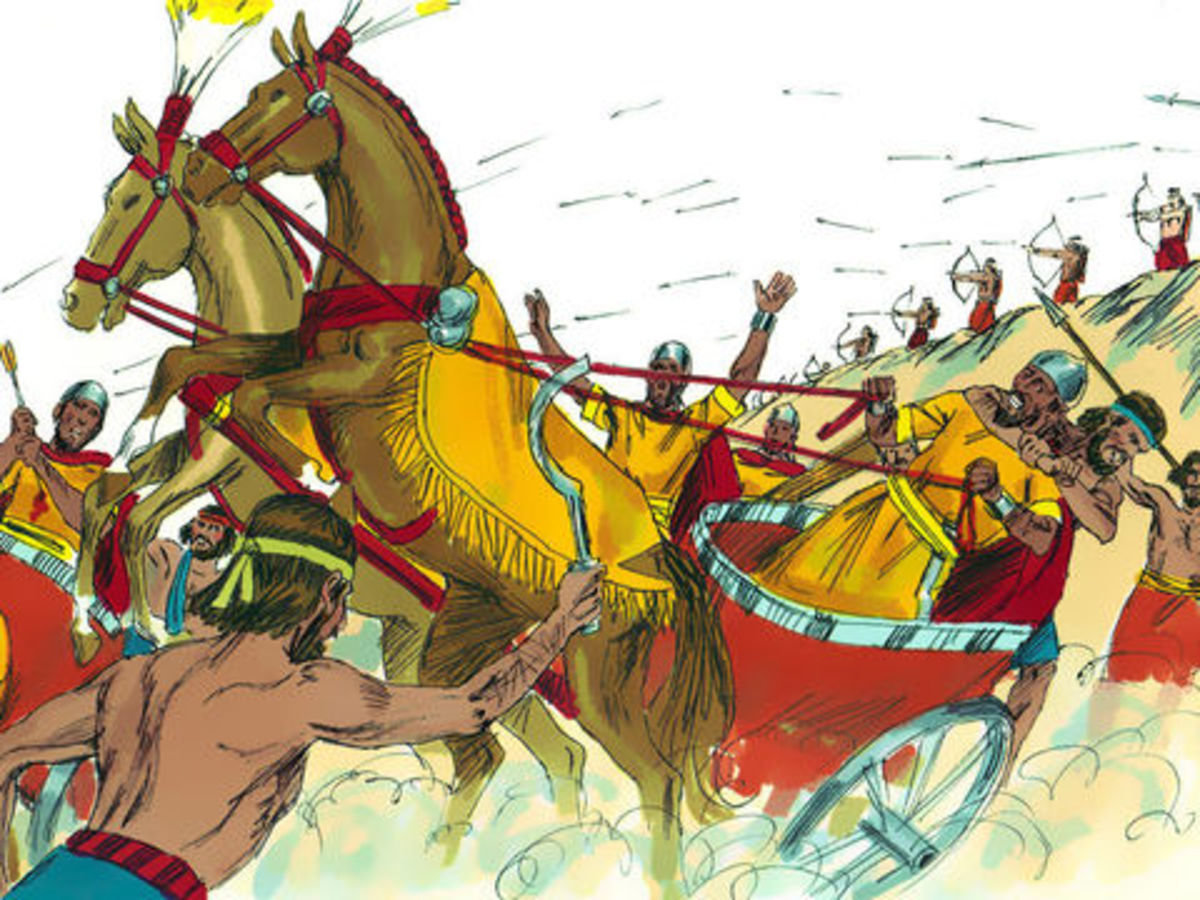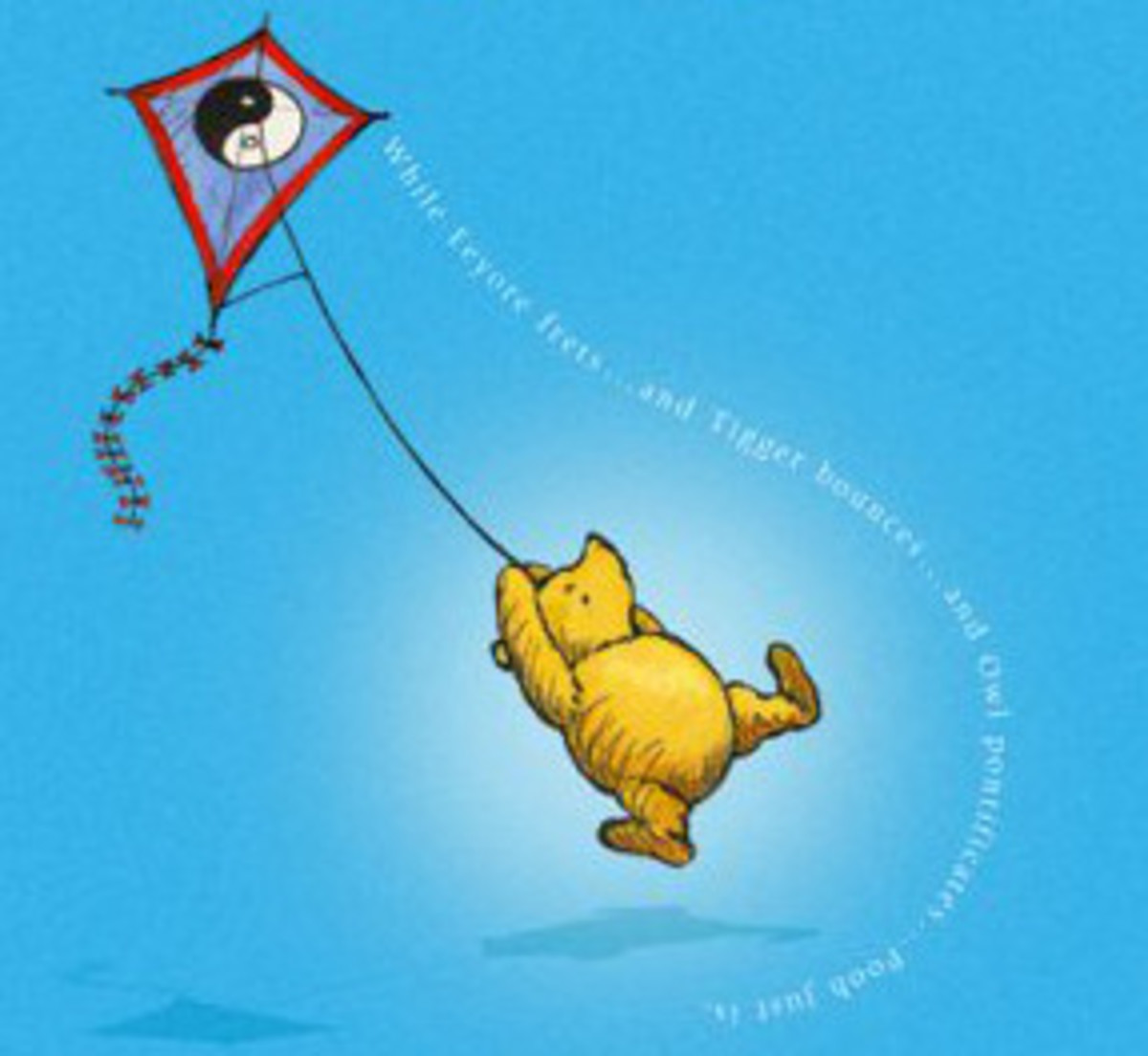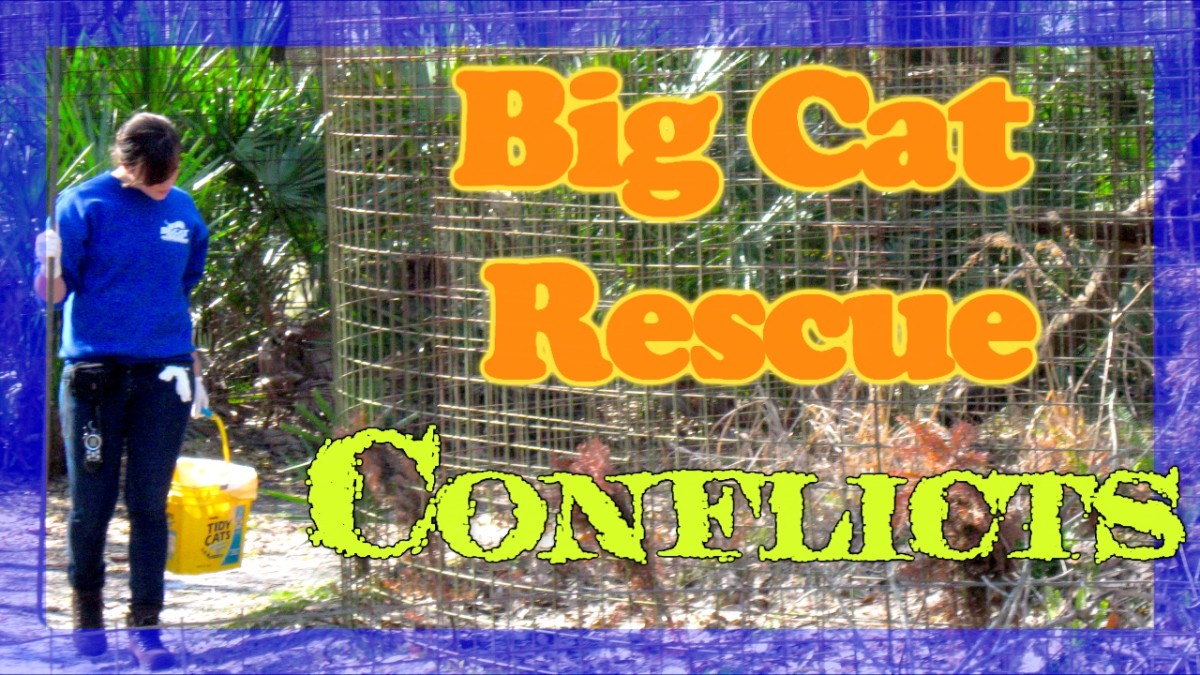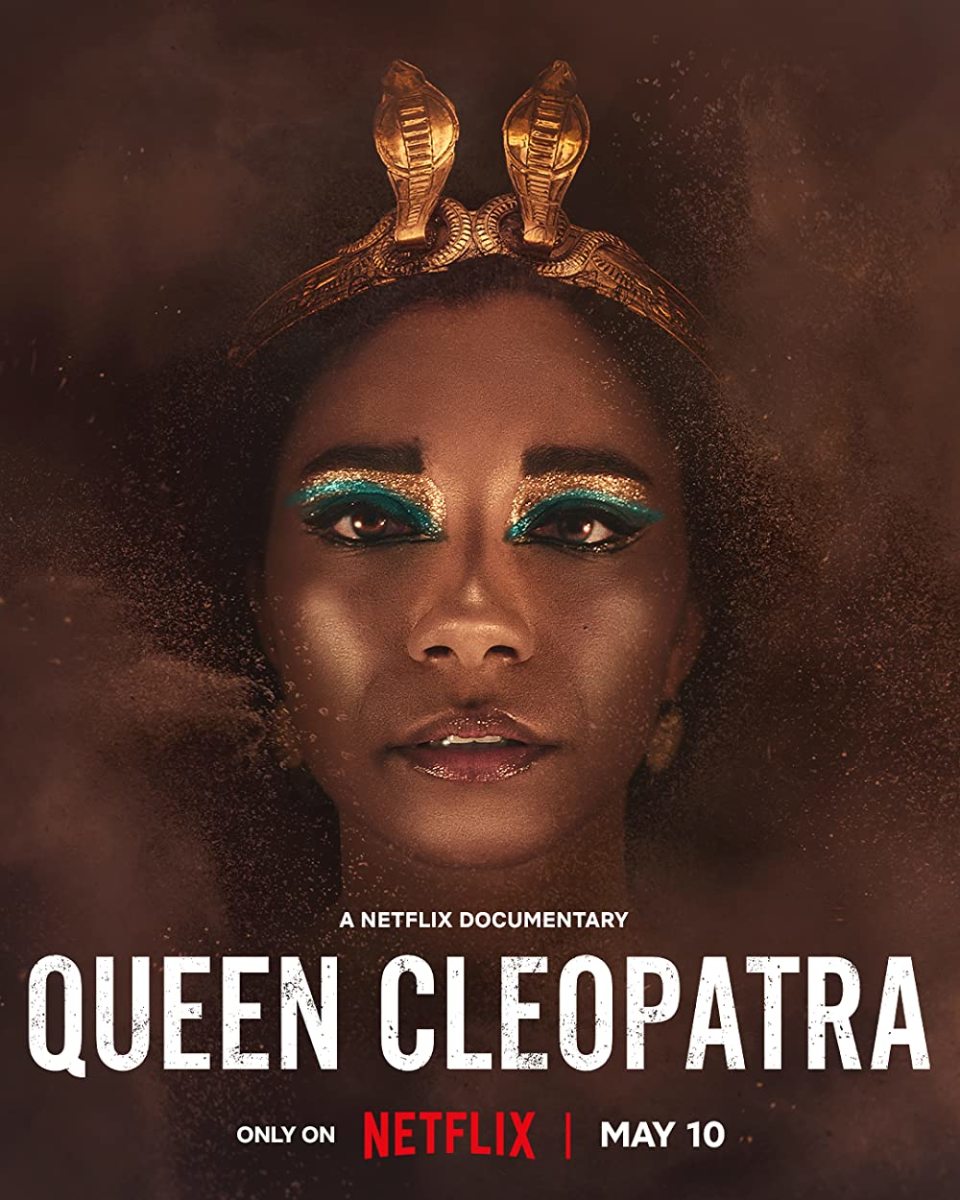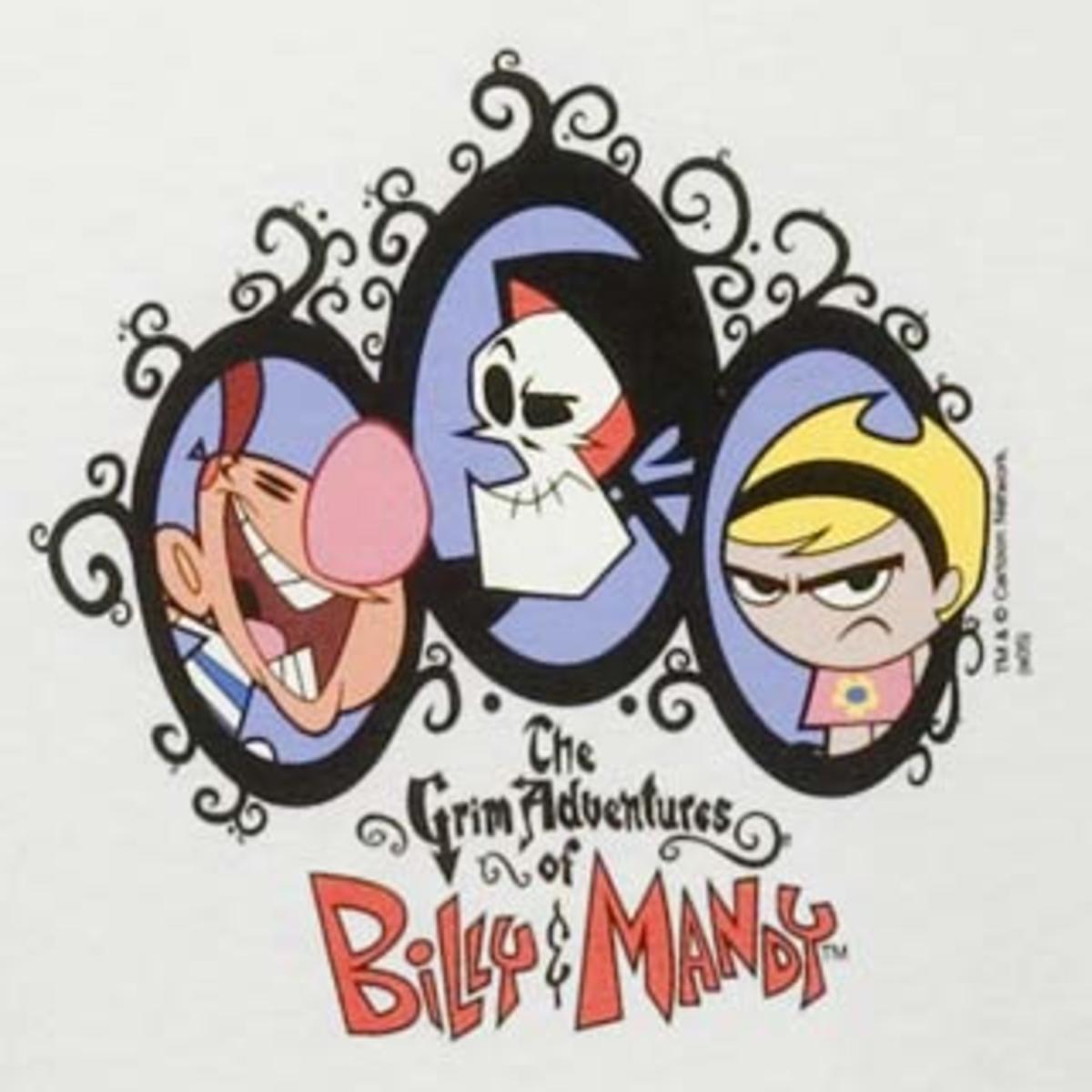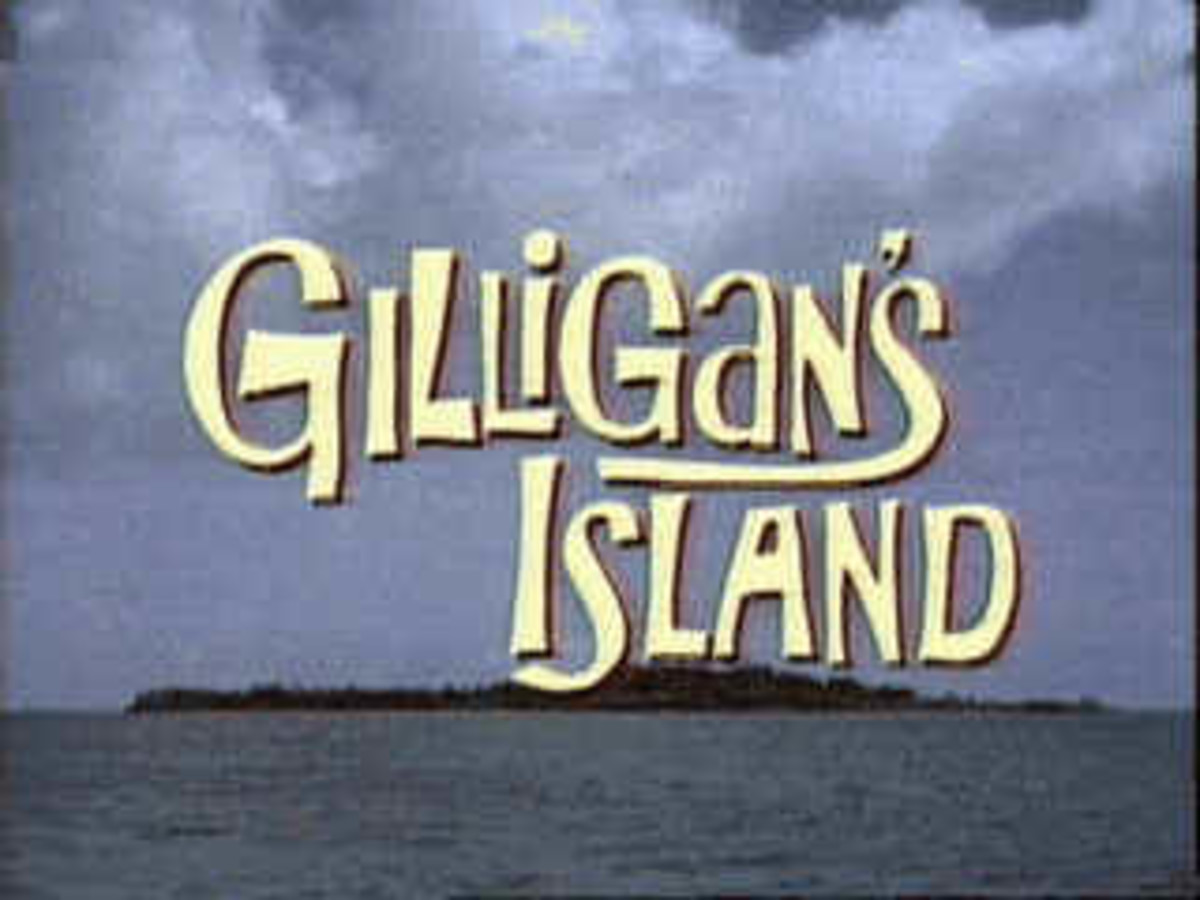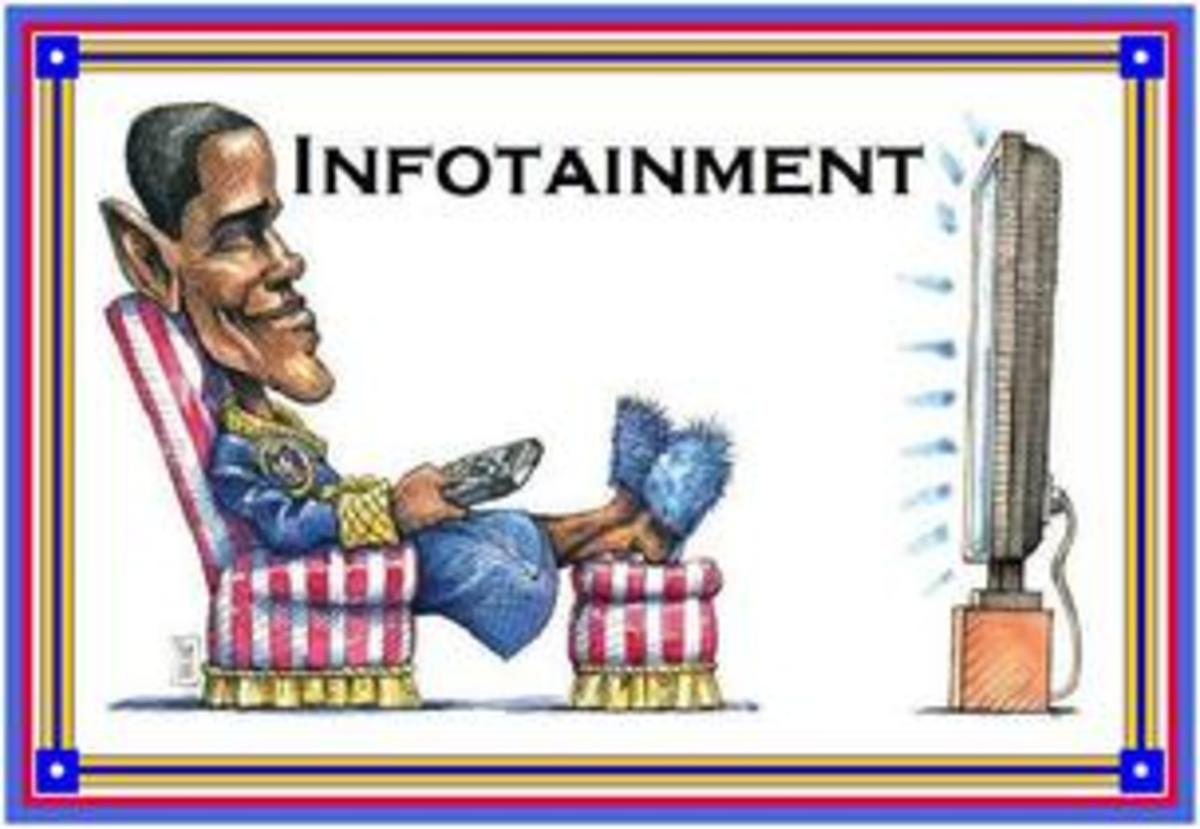The 'Tiger King' Experience - Reading Between the Stripes
If you've gone down the Netflix rabbit hole at any point in the quarantine of 2020, you have also likely encountered the documentary series Tiger King. While on some level wildly entertaining (excuse the pun), the show is at it's very basic level a chaotic combination of animated people involved in some shady behaviour and court cases with no real winner. The show lacks an element of some kind of moral code and blatantly exposes the dark side of the animal enclosure industry - so why is it so difficult to stop watching?
(Warning: There are some spoilers in this article)
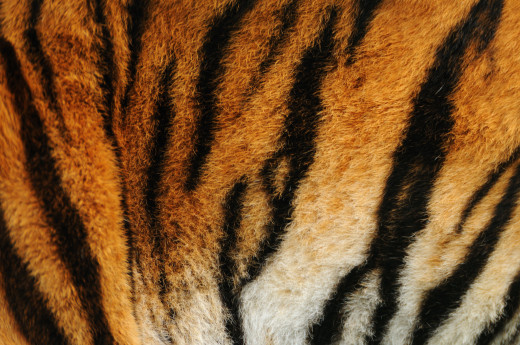
The show follows Joe Exotic, the owner of over 100 big cats, and his rivalry with Carole Baskin, the owner of a big cat sanctuary. From the very first episode, the audience is thrown into this disorderly feud between the two who are essentially on opposite ends of the industry, with one keeping and breeding big cats for public entertainment and the other claiming only to want to rescue big cats. My statement is slightly misleading. It should be noted that Carole Baskin definitely allows the public to pay to see the big cats in her sanctuary, where they are shown around by the people who work there. Okay fine, work is a strong word, because they don't get paid. What is the actual point of the plot, you ask? Well, it's difficult to explain.
It's a mixture of chaos that lacks relatable and likeable characters, or main characters with any kind of strong and visible ethical code
— Dintho-Tsohle KThe show goes beyond the rivalry of Joe Exotic and Carole Baskin, looking at other well-known figures within the cat owning business, like "Doc" Antle, and some more notorious figures (such as Mario Tabraue). It also includes some action-packed side-plots; alligator shed arsons and a worker who has her arm bitten off by a tiger. It should be noted that the most interesting thing about this incident is Joe Exotic claiming that he'll never financially recover from the accident because of course, what is a horrible accident if not purely bad for business? The three way gay wedding is an entertaining addition to a show that honestly needs no more drama. I suppose it would be criminal of me to leave out that there is an uncomfortable suicide and an even more uncomfortable funeral of one of Joe's husbands. In an entire season of mayhem and, let's face it, exploitation, the main plot seeks to look at whether or not Joe Exotic really hired someone to kill Carole Baskin (a plot point that in all fairness has no clear conclusion). It's a mixture of chaos that lacks relatable and likeable characters, or main characters with any kind of strong and visible ethical code, so why does everyone absolutely eat up the one season long doccu-series?
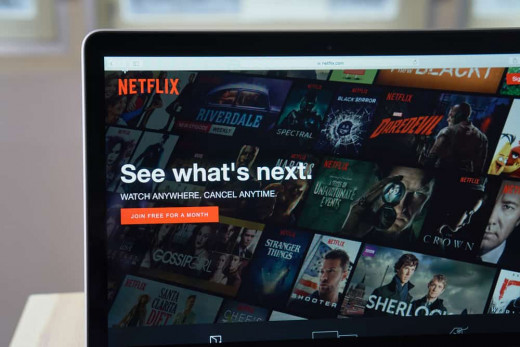
After watching the show, and I will admit I finished it in about three sittings, I started really thinking about the contents of the series. It is common knowledge to anyone with a Netflix subscription that there are countless reality shows on the streaming service. Every few months, a new reality show with some crazy twist comes out and every few months I eat it up. Agreeing to marry someone after speaking through a wall for 10 days? Yes please. Living in a retreat with hot people where everyone loses money for any sexual contact? Take my money Mr. Netflix. Voting people off a show based on their pictures, statuses and private chats? I am making my couch my home for it. The Tiger King documentary is however, by far, the messiest reality show plot that Netflix has to offer at the moment. While I fully acknowledge the entertainment value, here is my issue with the show.
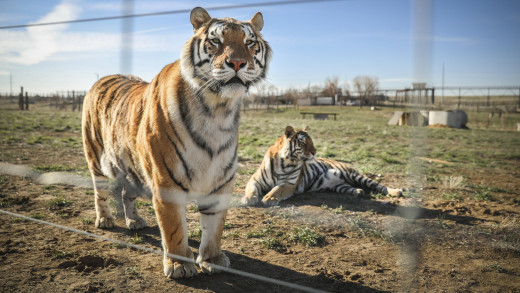
We, the audience, are catapulted into a world where every character is in some way exploiting animals, workers, each other or all of the above for monetary gain. It's a series of real life events in which these people thrive off of unethical loopholes and are fully obsessed with themselves. While people have been quick to pick a side, call out certain misogynistic elements, make Tik Tok videos about Carole Baskin possibly murdering her husband (no comment) and #FreeJoeExotic fan pages, the reality and gravity of the situation seems highly overlooked. The fact is, particularly during this pandemic, we seem to be craving any kind of enjoyment. This, on it's own, is okay. The issue is that many of us automatically choose to dissociate by using a screen to act as a barrier between ourselves and the real world. We do it when the news come on because we don't want to have to think about the stats of the virus, and then conveniently stop thinking about how stats represent real people. We don't want to think about anything that makes us uncomfortable so we scroll past the posts that mention what groups of people that aren't us have to go through in the pandemic. "It's just a show", so we ignore that it's about real people. We easily overlook that their minor injustices and cult like behaviours are more than entertainment and then Netflix simply suggests a different show to watch and we can forget about the last one.
It's about thinking about the impact of certain things, how they influence you and other audiences.
— Dintho-Tsohle KThere is something that allows incredible distancing when looking at a laptop, phone or TV screen. It is something we are usually unaware of but something I really want to challenge. Not everything in the world deserves a think piece article, but some of the media we consume deserves to be thought about. Understanding the gravity of what you're consuming is not to say you shouldn't watch certain shows. It's about thinking about the impact of certain things, how they influence you and other audiences. It's about looking at patterns, for example, Blood and Water as a South African show that is making waves locally and internationally. Why? Is it because the storyline isn't explored in South Africa? Is it because it's been done in a way that hasn't been done before locally? If you can answer these and have your own questions, you're exiting the natural position of passive intake. Perhaps next time, when you watch something that on the surface entertains, but below that, shows the reality of something like the true and dark nature of the private animal enclosure industry in a place like America, you can read between the stripes, I mean lines, and consider certain implications that the series might have on all of the animals the people who were ever involved in the making of the show.
© 2020 Dintho-Tsohle K

